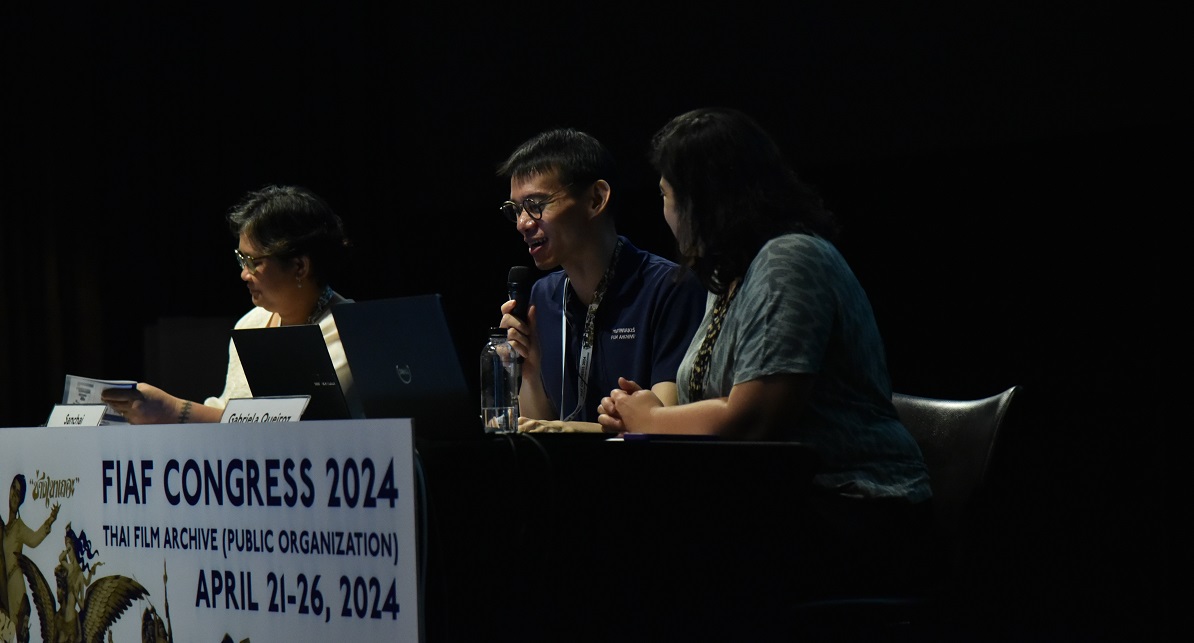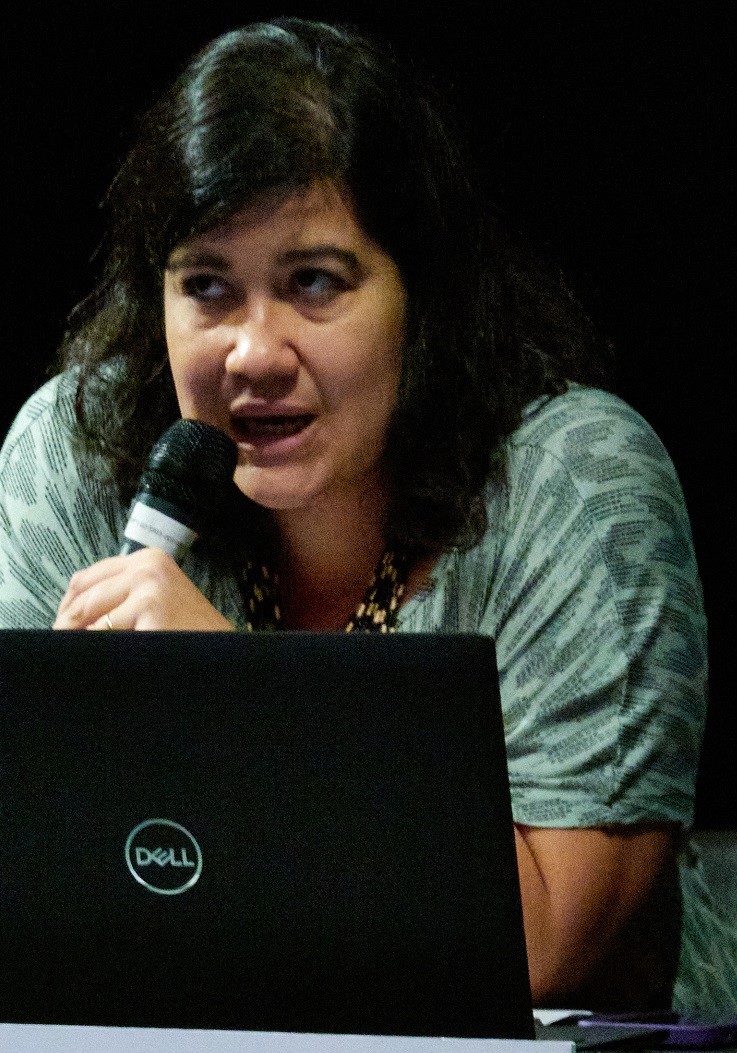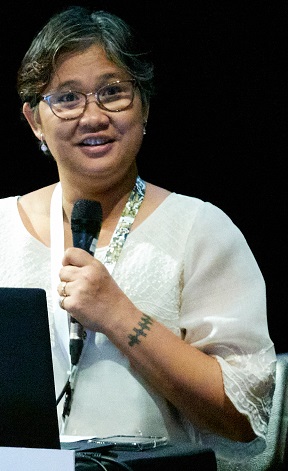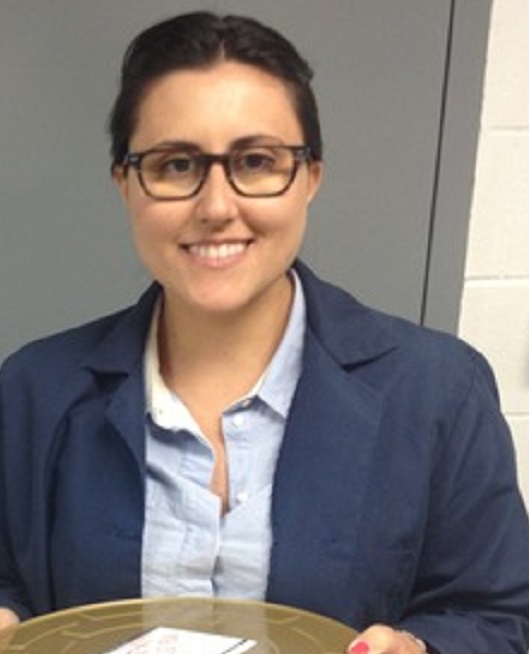Go back to main page ©Thai Film Archive
©Thai Film Archive
2024 Bangkok Symposium
Session 1 - Sustainabilities: Preserving Collections, Institutions and the Environment
Bangkok, 22 April 2024
Please do not publish or re-use in any way any of these documents without prior permission of the speakers.
How Can FIAF Help to Save the Global South Film Heritage?
David Walsh (FIAF)
In this presentation, David Walsh discussed the critical challenges facing film archives, particularly in the Global South, due to a lack of resources, expertise, and urgent preservation needs exacerbated by adverse climates. He highlighted the evolution of FIAF's training programs, which now include digital technologies alongside traditional film preservation, and emphasized the need for a vast range of skills among archivists. Despite FIAF’s efforts to provide support and training, Walsh acknowledged the organization's limited resources and called for a more coordinated, global effort, urging local archivists to take proactive steps to preserve their film heritage.

The Cinemateca Brasileira: Challenges for the Next Decade
Gabriela Queiroz (Cinemateca Brasileira)
The Cinemateca Brasileira, a federal public institution since 1984, has faced significant challenges despite its incorporation into the Brazilian government, which was initially seen as a path to stability in audiovisual preservation. The institution's survival has largely depended on the active participation of civil society, especially in recent years when austerity measures threatened its existence. Since 2022, it has been managed by a non-profit organization in partnership with the state, focusing on strengthening governance against political interference and securing funding for infrastructure and staff. Additionally, an ESG program has been instrumental in promoting technical innovation, addressing social and environmental impacts, and fostering a closer connection between Brazilian society and its cinematic heritage.

Collections at Risk and the Crucial Importance of Public Programming Their Content for Memory-Keeping
Rosemarie Roque (Polytechnic University of the Philippines / Society of Filipino Archivists for Film)
Audiovisual materials are crucial for preserving the historical memory of the Marcos dictatorship in the Philippines, particularly in the face of widespread disinformation and historical revisionism. Local and foreign archives, including those by alternative filmmakers and NGOs like AsiaVisions Media Foundation and AlterHorizons, have documented this era, countering the regime's propaganda. Despite challenges, ongoing efforts by groups like the Concerned Artists of the Philippines and platforms like Cinemata are vital for archiving and showcasing these materials, ensuring they remain accessible for truth-seeking and social justice.

For a Sustainable Film Archive: How the Global South Can Inspire the Film Archival Community
Daniela Currò (University of South Carolina - Moving Image Research Collections)
In her presentation, Daniela Currò highlighted the importance of sustainability in film archives, urging wealthier institutions to draw inspiration from the Global South, where sustainable practices have long been a necessity due to limited resources. She emphasized the need to reduce resource consumption and address inequities, citing innovative energy-saving strategies like those developed by the Image Permanence Institute. Currò also stressed the importance of localized, context-specific solutions, advocating for the incorporation of traditional building designs that naturally regulate environmental conditions. Additionally, she underscored the crucial role of community engagement in sustainability efforts, pointing to initiatives like the Cinemateca Brasileira's sustainability conference, which linked environmental and social issues through indigenous narratives. Currò's message is clear: the global film archival community must adopt and adapt sustainable practices that bridge past and future, ensuring the preservation of cultural heritage in an environmentally conscious manner.






